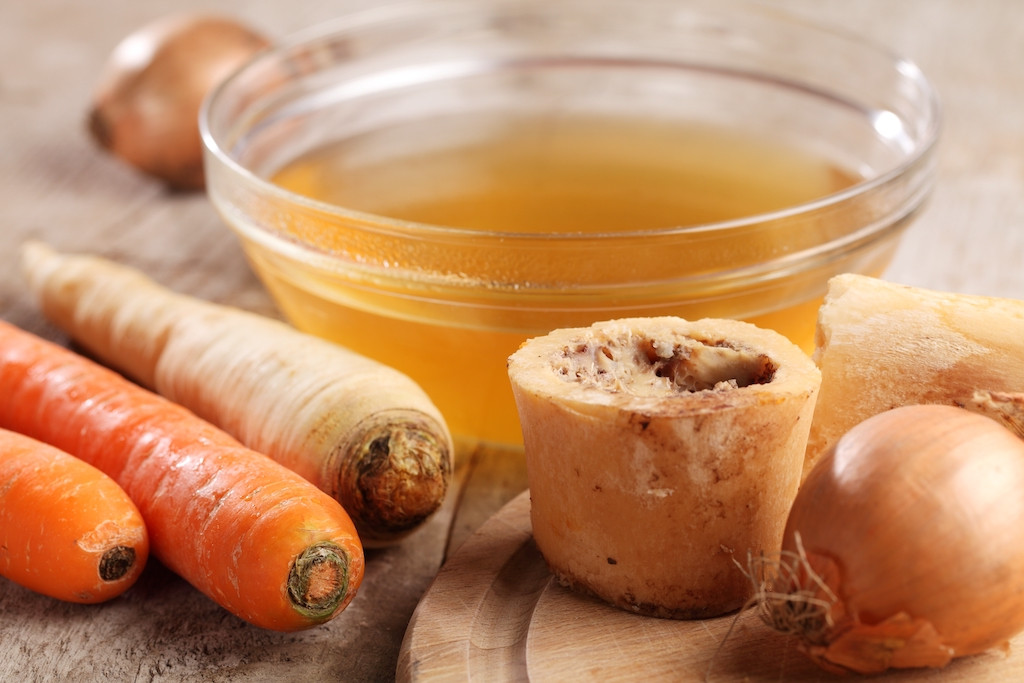Endometriosis is estimated to affect as many as one in 10 women worldwide.
It's a disease involving the reproductive system in which endometrium-like tissue grows outside the uterus in areas like the ovaries, abdomen and bowel. Normally, endometrial tissue is only found inside the uterus.
Symptoms include painful periods and heavy bleeding, pain during intercourse, painful bowel movements and infertility.
If endometriosis is left untreated, it may lead to infertility.
There’s a slight increased risk of ovarian cancer or adenocarcinoma in people with a history of endometriosis. However, The Lancelot
There’s currently no cure for this condition, but it can be managed with comprehensive care. Care should include both a pain management plan and a healthy lifestyle with good nutrition and exercise.
Foods that mainly increases the pain of Endometriosis will be explained in the preceeding paragraphs;
1. Cut down on Red meat:
Some study has shown an increased risk of endometriosis development with a high intake of red meat. Red meat, especially processed red meat, has been linked to a higher risk of certain diseases. In fact, replacing red meat with another protein source may improve inflammation, which is often associated with endometriosis.
2. Limit intake of alcohol and caffeine :
Health professionals often recommend that women with endometriosis reduce their caffeine and alcohol intakes.
Coffee and alcohol would seem to be bad for endometriosis since coffee has been found to increase an estrogen protein in the body, and increased estrogen may be linked in causing Endometriosis.
3. Cut down on processed foods:
Minimizing your intake of processed foods is a good idea for almost anyone, and doing so may also help with the management of endometriosis.
Processed foods are often high in unhealthy fats and sugar, low in essential nutrients and fiber and may promote pain and inflammation.
Omega-6 fats found in plant oils, such as corn, cottonseed and peanut oil, can increase pain, uterine cramping and inflammation.
On the other hand, omega-3 fats found in fish, walnuts and flax may help reduce pain, cramping and inflammation.
As a result, limiting your intake of foods such as pastries, chips, crackers, candy and fried foods may help minimize endometriosis-related pain.
For even more impact, replace processed foods with those likely to help manage endometriosis, such as fatty fish, whole grains or fresh fruits.
4. Diary:
Most studies recommend avoiding dairy — especially milk, yogurt, and cheese — to keep endometriosis symptoms in check.
However, there is some study that links low-fat dairy consumption with reduced risk of developing endometriosis, and suggests dairy has anti-inflammatory properties.
Ultimately, more research is needed and this might be a case where personal experimentation or a consultation with your doctor is the way to go.
5. Avoid trans fats;
Just like omega-3s have the most scientific support for reducing the risk of developing endometriosis, trans fat are on the opposite side of the coin.
In general, trans fats lead to greater inflammation which can add to the pain and discomfort of endometriosis. Eating high levels of trans fats can also increase your risk of developing the disorder by up to 48 percent.
As much as we love them, try to avoid foods like vegetable shortening , fried fast food, canned frosting, and non-dairy coffee creamer.
Conclusively, there is no cure for endometriosis, however avoiding these foods will likely reduce the pain caused by Endometriosis, consult your doctor for more information.
* we love to hear from you please leave a reply*


